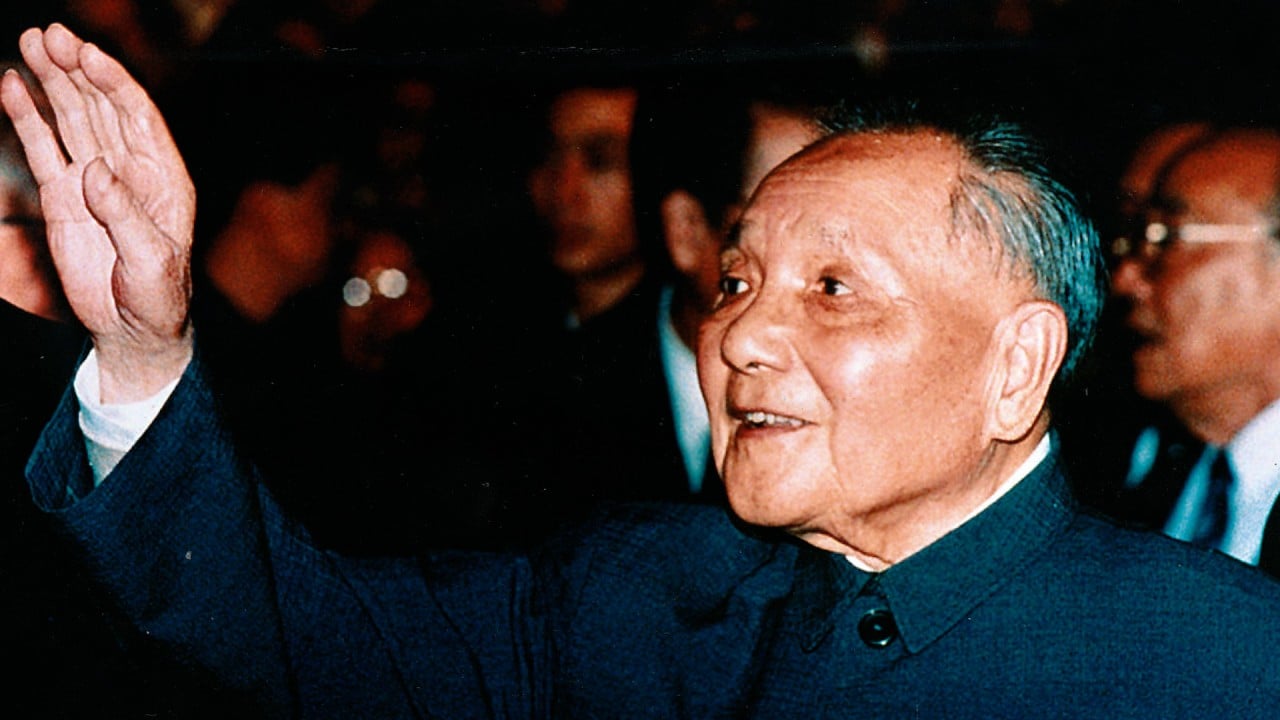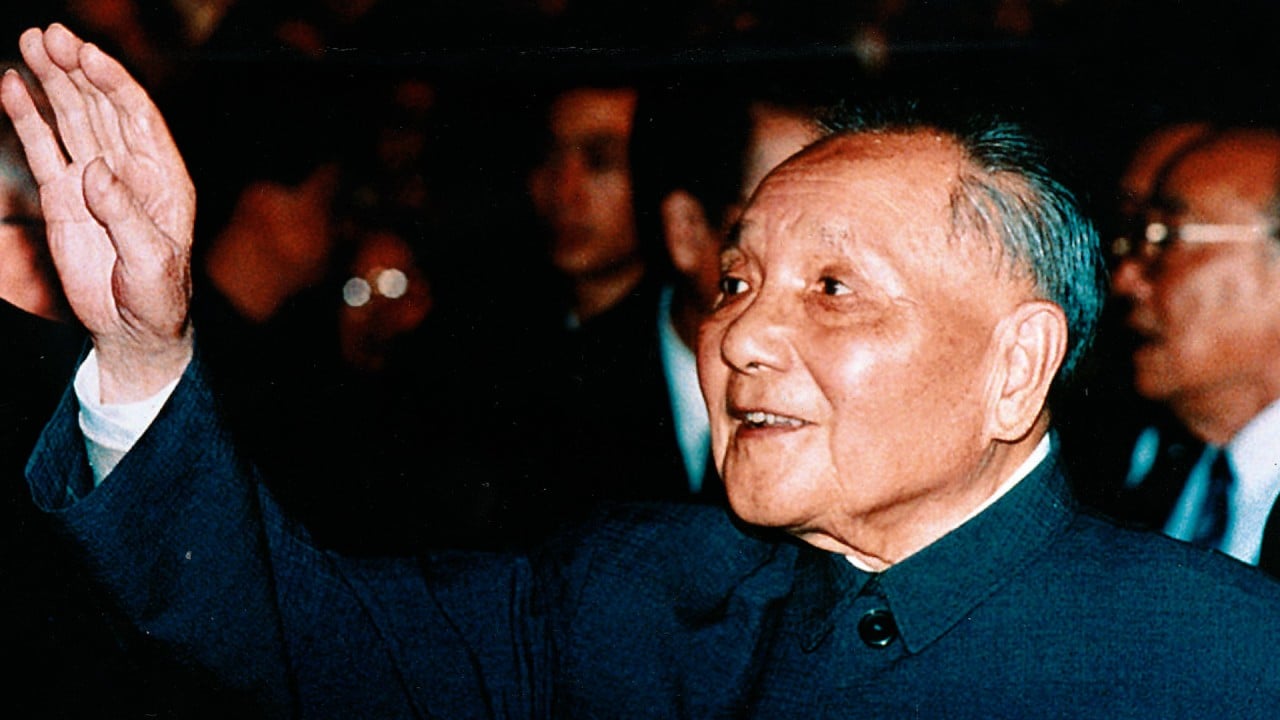The Chinese military has pledged to stay alert to potential risks and is focused on making sure it can “win against strong enemies”, during the commemorations to mark Deng Xiaoping’s 120th anniversary.
At one such event on Thursday, President Xi Jinping told the military to improve its “strategic ability to defend national sovereignty, security and development interests”.
Xi said Deng had highlighted the need to build the People’s Liberation Army into a strong, modernised and well-organised force, and to have fewer but better troops.
Deng had started advocating for this approach in 1975, while Mao Zedong was still alive, and once in power he cut the PLA’s numbers by one million.
At a PLA commemoration on Monday, Miao Hua, a member of the Central Military Commission, the military’s top decision-making body, said: “In the new journey, we should … focus on strengthening capabilities to defeat strong enemies and opponents.”
On Wednesday an article in the official PLA Daily said Deng had made the strategic judgment that “world wars can be postponed or avoided” in the 1980s, but China now faced “great changes unseen in a century”.
“We must … always maintain strategic clarity on the possible risks of war, make full preparations for military struggle, effectively deter war and resolutely win the war,” it said.
Analysts said those comments were in line with Beijing’s thinking about the risks it faces and its increasing focus on security, particularly in the face of the growing rivalry between China and the United States on multiple fronts.
Tensions with the Philippines have also risen following a series of clashes in the South China Sea, while maritime disputes with Japan and a number of other Southeast Asian nations are yet to be resolved.

Domestically, an unprecedented anti-corruption campaign in the military is still ongoing. It has already led to the removal of two former defence ministers, Li Shangfu and Wei Fenghe, and a number of senior commanders.
Timothy Heath, a senior researcher on international defence at the Rand Corporation think tank, said Deng had put the PLA on the path to modernisation by breaking away from Maoist doctrines that emphasised ideological fervour over technical expertise.
During the 1980s, Deng said building up the military “must be clearly subordinate” to building up the economy, but Heath and other analysts said that was not the case today.
“Today, as a wealthy and powerful country, Chinese leaders have sought to coordinate both economic and military strengthening instead of subordinating the military to economic development,” Heath said.
Military spending was tightly controlled in the 1980s because Deng believed that “if military spending is too high … it will definitely affect economic development”. But now the defence budget is rising steadily, with 7.2 per cent increase this year compared with 2023.
His reforms took place at a time when “China was weak and had little ability to influence situations outside its borders”, as Heath put it.
There was also an international environment that was more favourable towards China.
“Today, [Beijing] is preparing for potential conflicts and the priority now has shifted towards security. The current commemorations help to cope with the great changes now,” said a Beijing-based analyst who spoke on condition of anonymity.
“Deng’s approach at the time was driven by the need to improve relations with Southeast Asian countries. However, with the significant development of China’s navy and advances in its weaponry, Beijing now believes a tougher stance is necessary to safeguard its sovereignty.”
Deng favoured “setting aside disputes and pursuing joint development” with Japan and rival South China Sea claimants. In 1988 he told then Philippine president Corazon Aquino the two countries could put the Spratly Islands dispute to one side “for the time being” and focus on “pursuing joint development”.
As it gets richer, China is becoming more assertive in territorial disputes, especially in the resource-rich South China Sea, but Wang Kuan-hsing, a professor in the Institute of Political Science at National Taiwan Normal University, said Deng’s approach could still have a positive effect today.
“I believe this approach remains acceptable to different parties and is beneficial for exploiting resources [in the disputed seas],” he said.



